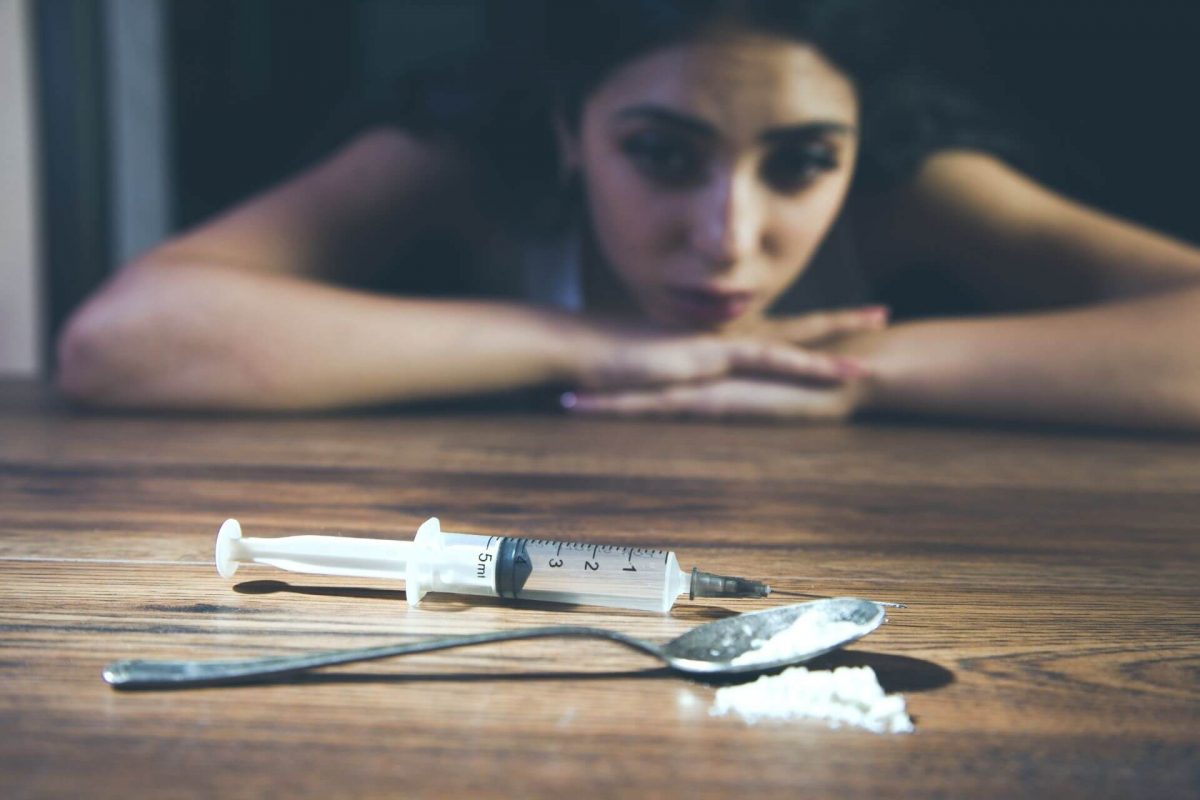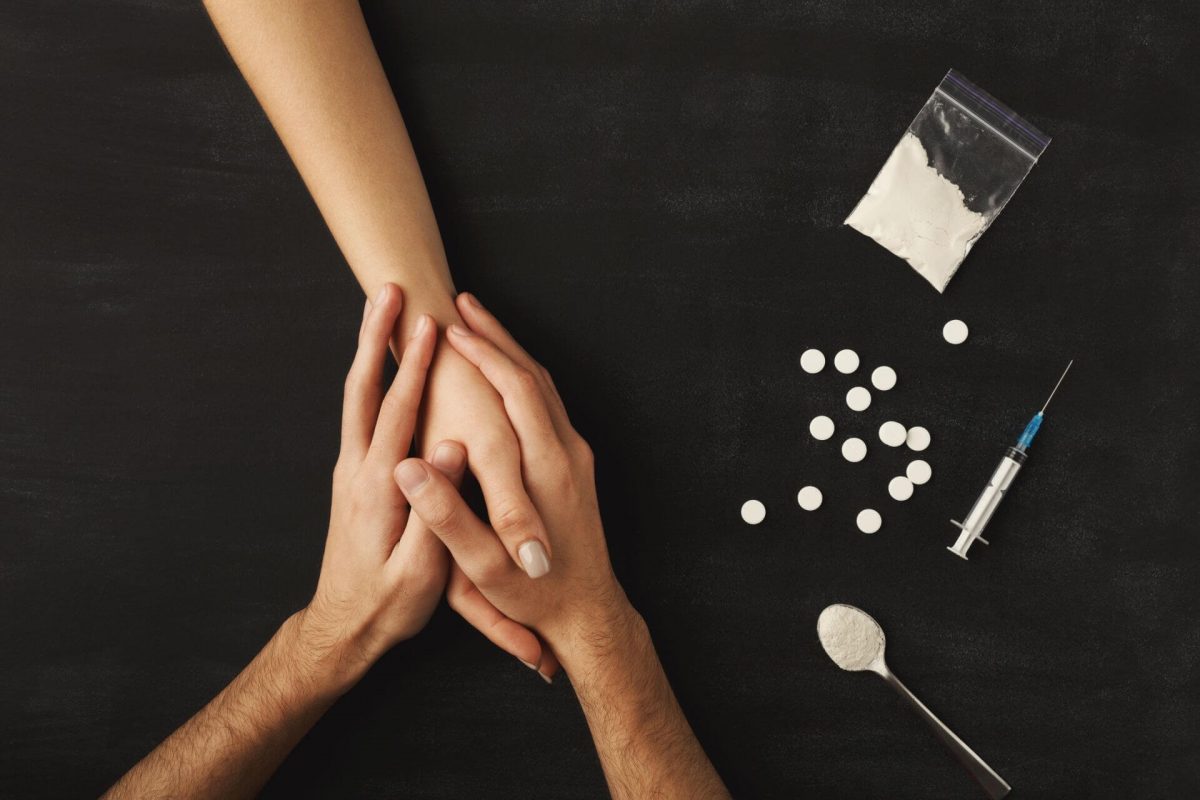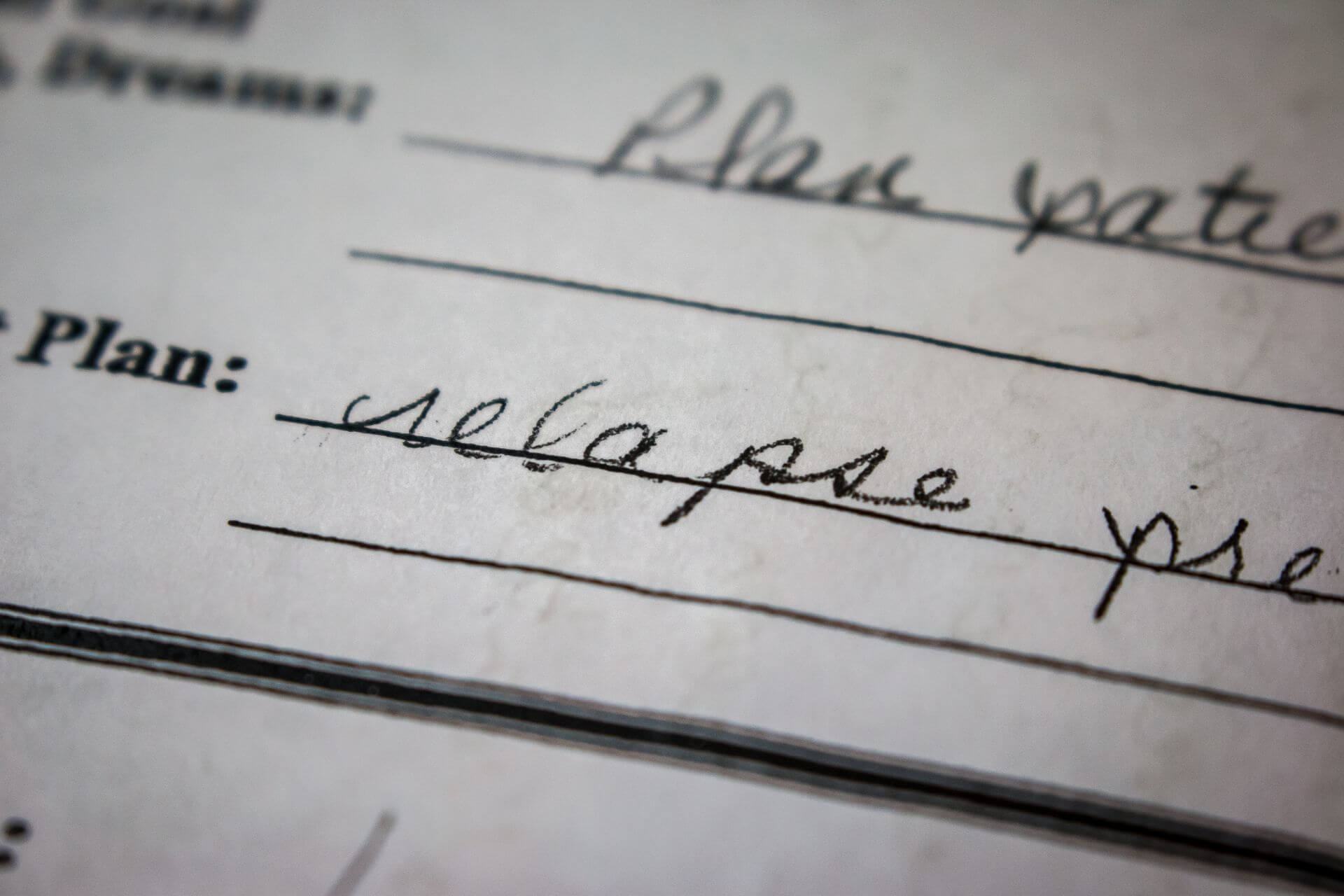It’s common for people in addiction recovery to relapse at least once in the first four years after rehab. Depending on the substance, more than two-thirds of people will relapse after completing an inpatient or outpatient addiction treatment Program. Some even relapse multiple times before ridding themselves of their addiction for good.
Relapse rates among recovering alcoholics are between 50 and 90 percent in the first four years after rehab. For recovering drug addicts, rates are between 40 and 60 percent.
– The National Institute on Drug Abuse
What you have to remember is relapse is not failure. All it means is you have more work to do on yourself and you need more time to work with the tools available to avoid or face addiction triggers. Addiction is a chronic disease and recovery is a journey. Going back to rehab is the best option because it can save your life.
Why people relapse
One of the reasons people relapse after their first time in rehab is because they leave a treatment Program prematurely. Like any chronic disease, there is no “quick fix” or instant cure. The 28-day inpatient treatment that most medical insurance companies cover is not always enough time to guarantee lasting recovery.
Sometimes, our patterns of addiction require a more intensive rehab treatment Program. Long-term substance abusers typically need long-term rehab.
The National Institute on Drug Abuse (NIDA) recommends rehab Programs should be 90 days or longer to provide the most effective treatment for addiction recovery. Studies have shown extended treatment Programs have the best outcomes for moderate to severe addiction.
Why relapsing can be dangerous
Many people slip up in recovery, but they manage to get back on their recovery path. However, a full-blown relapse can be extremely dangerous because once you stop using drugs, you lose your tolerance for the substance. If you take the same amount of the drug that you used to take before you went into rehab, there’s a good chance you’ll experience worse side effects or overdose. The same applies to alcohol abuse.
Dr Richard Blondell, vice chair of addiction medicine at the University of Buffalo’s Jacobs School of Medicine and Biomedical Sciences, confirms that the primary culprit of life-threatening relapse is often losing tolerance. Blondell says, “When a relapse occurs, someone may take a dose that they think is going to be effective – and it may even be half of what they were taking before – but because they’ve lost their tolerance, it can be lethal.”

How does substance tolerance work?
Alcohol or drug tolerance begins in the brain. For this reason, addiction is a disease of the brain and not a bad habit you simply stop.
In our brain cells, we have a mixture of receptors. Some stimulate the nerve cells, and some inhibit the function of the nerve cells. When you abuse a substance that disrupts the normal balance of your brain receptors, your brain has to adapt to the surge of dopamine it receives constantly.
The substance you are abusing then becomes incorporated in your brain function as your brain compensates for the effects of the substance. The brain gets so used to making this adjustment, and it develops a tolerance for the substance.
As tolerance develops, a typical dose or the amount you usually drink is not enough to get the same effect. A substance abuser starts taking larger quantities or drinks more to get the same feeling they did initially.
When you stop drinking alcohol or stop taking drugs, your brain goes back to normal quite quickly. Tolerance dissipates, and your brain gets used to normal levels of dopamine in the system.
Suppose you suddenly flood your brain with the same amount of alcohol or drugs you took when you built up a tolerance for the substance. In that case, there is a high risk that you could fall seriously ill or overdose because the brain has not had time to re-adjust to the sudden surge of dopamine in your body.
Should I go back to rehab?
Now that you understand more about substance tolerance and the dangers of relapsing, it should be an easy decision to go back to rehab or seek help at an outpatient facility. It could be the difference between life and death.
There are two issues to look at when deciding if you need to go back to rehab; the length and intensity of your drug or alcohol abuse.
Was it a single slip or a total relapse?
A ‘single slip’ is defined as a short-lived event, usually only a day when the substance was used for a brief period. With a slip, you should realise the risk you’ve taken and be able to get back on track before you slide back into addiction.
A full relapse is when you return to your old pattern of drinking or taking drugs; usually over a few days or weeks. During a full relapse, you may hide it from the people closest to you out of shame and guilt, and you may skip outpatient therapy and avoid your sponsor.
What should I do if I relapse?
Get help straight away. If you can’t afford to go back to an inpatient rehab centre, you should find an outpatient facility and get back into an addiction treatment Program as quickly as possible.
The sooner you gain control of your situation, the better. It would be best if you were completely honest with yourself and the people in your life that your addiction affects. Don’t try to handle your relapse on your own because relapsing can be extremely dangerous.

It’s okay to ask for help again
Yes, it is okay to ask for help again. Your loved ones or colleagues may have expected it to happen and are ready to help.
No matter how far you have strayed from your recovery path and for how long you have strayed, it is always best to get the support you need and return to rehab, either at an inpatient treatment centre like White River Manor or as an outpatient.
We’re here to help.
Contact us today if you’d like a confidential and free chat with one of our highly-trained addiction professionals at White River Manor in South Africa.







